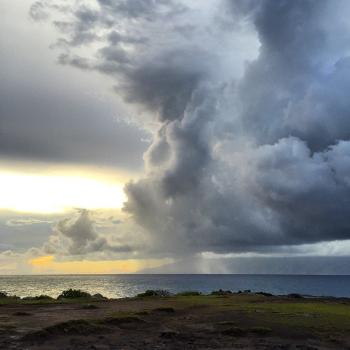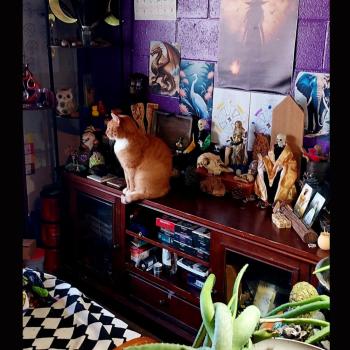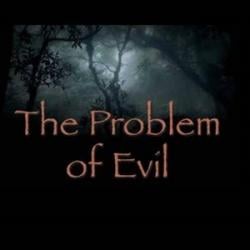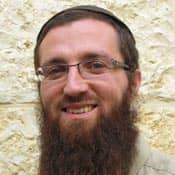In last week's article, we explained that there are two stages of exile: Exile of Body and Exile of Mind. Exile of Body is to be physically removed from Home Base but still be mentally clear on what Home Base is. Whereas, Exile of Mind is to (consciously or unconsciously) go so far as to be mentally removed from Home Base—meaning, one is so far into exile that he forgets what Home Base is altogether and isn't even aware that he is in exile in the first place.
Concerning the Jewish people as a whole, while there is a necessity for them to bring themselves out of exile, their mission is to bring the entire world out of exile.
To understand exile in the spiritual sense, we must clarify Home Base in the spiritual sense. Spiritual Home Base is the premise that all that occurs in the physical is rooted in the spiritual. That is to say, if you witness a physical action take place in the world and understand that it is rooted in the spiritual (and not a random occurrence)—this is Spiritual Home Base.
Within this context, were one to witness an event and know that God runs the show but not be clear on why that event took place—i.e., what is the message, why did this happen, etc.—that is physical Exile of Body, since I understand that God is the Home Base-context, but, in my perspective, the physical occurrence seems to sit outside of the God Home Base-context. However, in the instance that I witness a physical action take place in the world and view it as a random disconnected occurrence, it is a result of my having moved beyond the physical state of exile, since I have lost the entire God-context within which all is occurring—I have lost Home Base.
It is in this Exile of Mind, and state of God being forgotten, that darkness—confusion and lack of clarity—ensues. We experience a loss of context altogether and nothing is seen in its proper light. (This is why the words for "darkness" and "forget" in Hebrew—CHoSHeCH, and SHaCHaCH respectively—are made up of the same letters; forgetting God as the context within which I am functioning is the deepest darkness there can be. This is also why, in Hebrew, the only difference between the word for "exile," golah, and "redemption," geulah, is the letter aleph (numerically valued at one) in the word for redemption; the difference between personal exile and personal redemption is seeing the One God in it all.)
It is specifically from this deepest of darknesses—this spiritual midnight—that we search out a point of light in ourselves from which to build, and a glimmer of God in which to take refuge. And it is at midnight particularly—that time of the deepest darkness—that, according to Kabbalah, we come to mourn the loss of the Temple and the ongoing exile.
After all, if we are mourning the Temple and the exile altogether, that in itself is the light that will ultimately lead to its rebuilding. If I can cling on to Home Base and say with certainty that I am an exiled Jew and not a Jew simply wandering, that is the light at the beginning of the tunnel.
And, just as even the smallest light illuminates an entire room of darkness, finding a point of light in the midnight darkness of my self and my exile is the first step in my building of self and of the Temple, and ultimately lighting up the entire world.
5/18/2011 4:00:00 AM





